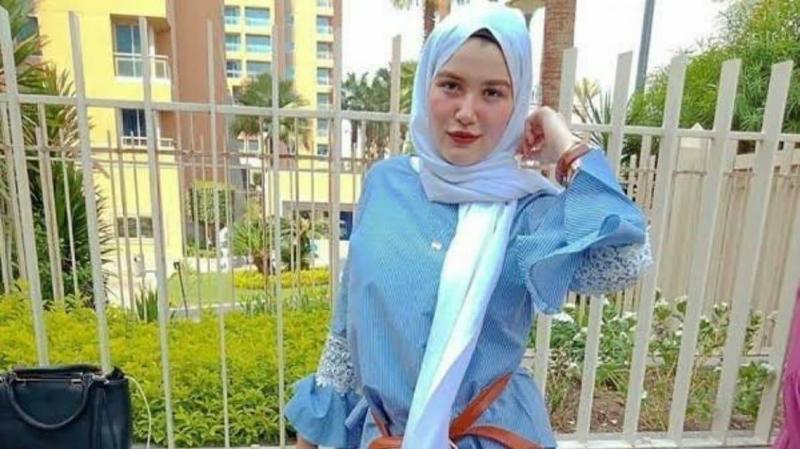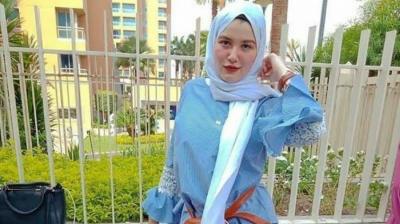After the Cairo Criminal Court decided to postpone the retrial session of Haneen Hossam, famously known as the "TikTok Girl," on charges of human trafficking in the case of the "TikTok Girls," to December 20, for necessary procedures to address the court, some are questioning the fate of this young woman. Legal expert Khaled Mohamed stated that if the court's recusal is accepted, the case will be referred to a new circuit, and the trial will restart from the beginning. He clarified that if the request for recusal is denied, Haneen Hossam’s trial will continue before the same circuit that sentenced her in absentia to ten years in prison, as reported by Egyptian media.
Following the court’s decision, Egyptian media quoted Haneen Hossam's mother saying: "If I had known she was guilty, I wouldn’t have attended with her, and I plead for her innocence and mercy because her future will be ruined, which is a shame." Haneen's mother added, "We were surprised by the situation; she's been making videos for two years, and her bank account has 217 pounds and no more than that; the rest is for university expenses."
It is worth mentioning that the court had sentenced Haneen Hossam to ten years in prison in absentia, while co-defendants Moudah Al-Adham, Mohamed Abdel Hamid, Mohamed Alaa, and Ahmed Salah received sentences of six years in prison and a fine of 200,000 pounds each, all charged with human trafficking.
Investigations revealed that girls appeared via the "TikTok" application in a live video broadcast accessible to all participants in the app, creating friendships and engaging with followers, exploiting the travel restrictions during the first wave of COVID-19 and the stay-at-home orders; they were promised higher wages as their follower count increased. According to the referral order, the public prosecution accused Haneen Hossam of human trafficking for dealing with two minors, “M.S.” and “H.W.,” who were not yet 18, and others under the pretext of providing job opportunities for them disguised as work as presenters through a social media application “Likee,” which subtly contained invitations to immorality and solicitation for prostitution by inviting them to a group called “Likee Al-Haram” that she created on her phone to meet young men through video chats and create friendships during the home quarantine imposed due to the COVID-19 pandemic, intending to gain financial profit.
The investigations also stated that the accused exploited the two mentioned minors for commercial gain by encouraging and facilitating their joining a digital platform from which she earned income from their inclusion and the creation of videos featuring them. As for the accused Moudah Al-Adham, she exploited the minor “H.S.,” nicknamed “Sandy,” and the minor “Y.M.”, both under the age of eighteen, to film videos with her and publish them on her social media accounts, taking advantage of their vulnerability and lack of awareness to profit from them.




